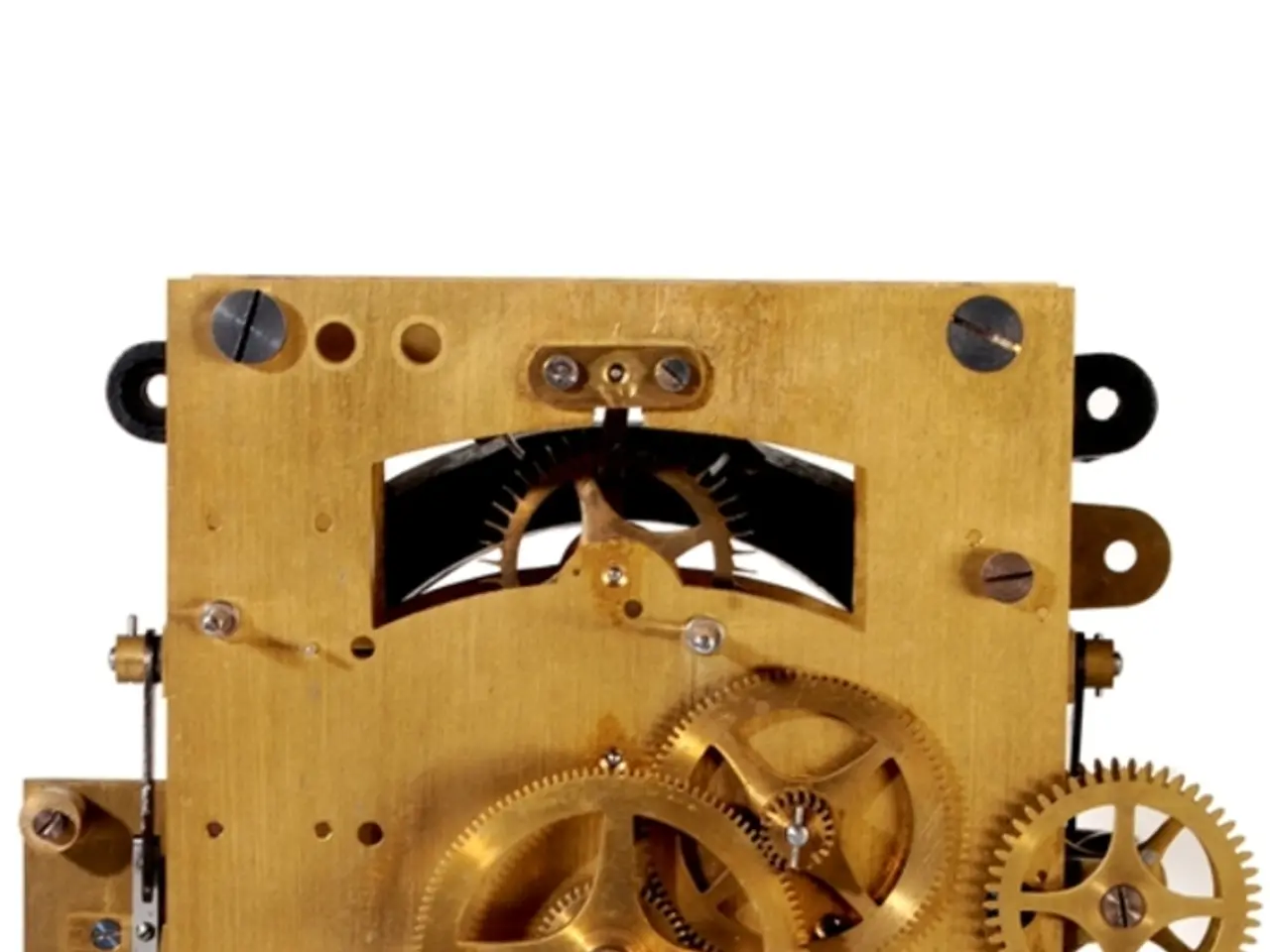Identifying the Origin: Discerning AI-produced Music from Human Compositions
In the ever-evolving world of music, AI-generated tunes are becoming more prevalent, with platforms like Suno and Udio allowing anyone to create songs with just a few prompts. However, distinguishing these AI-generated songs from human-created music can be a challenge.
AI-generated music often sounds less conventional and may feel "newer" or unfamiliar because it tends to deviate from established musical patterns and conventions used by human composers. Listeners sometimes perceive AI music as more synthetic or robotic, especially in elements like vocals, which may lack the natural imperfections or emotional nuances of a human singer.
Studies measuring listeners' physiological and emotional responses show that AI-generated music can cause higher cognitive load and greater emotional arousal but is perceived as less familiar than human-composed music. This higher cognitive load may translate into a feeling that the AI music is harder to predict or follow, which can be a subtle clue when listening closely.
Other practical ways to identify AI-generated music include noticing artifacts or oddities when analyzing the track in detail. However, unless you have access to isolated audio stems or production tools, such clues are often inaccessible to casual listeners.
In streaming services specifically, you can sometimes check metadata, descriptions, or credits that might label the track as AI-generated, but this depends on transparency from the creator or platform. With AI tools being increasingly used to assist human artists, songs can be co-created rather than purely AI-generated, which makes the distinction even subtler.
Streaming services like Deezer are taking steps to be more transparent. Deezer is flagging albums containing AI-generated songs as part of its efforts to combat streaming fraud. Listeners are notified with an on-screen label - "AI-generated content" - to indicate that some tracks on an album were created with song generators.
IRCAM Amplify, a subsidiary of the French music and sound research institute IRCAM, has an online tool that can determine whether a song is AI-generated or not. However, the tool cannot analyze songs that can only be heard on a streaming service because it does not accept links. The probability that songs generated by AI were identified as such by IRCAM's tool ranged from 81.8% to 98%.
Experts warn that it's difficult to determine if a track is AI-generated just by listening, and it's becoming increasingly challenging as technology advances. There might be signs that the artist or band exists in real life, such as upcoming concerts, past concert footage, or releases from established record labels. AI-generated lyrics tend to be of poor quality, which might be a clue that a song is not human-made.
In a fascinating twist, the Velvet Sundown, a fictitious rock group, has AI-generated music, lyrics, and album art. This example underscores the potential for AI to create music that is indistinguishable from human-created music, making the need for transparency and accurate identification more important than ever.
Technology's advancement in music composition has led to the creation of AI-generated songs that deviate from human-set musical patterns, often sounding synthetic or robotic. Yet, distinguishing these songs from their human-made counterparts can be complex, even for experts, due to the increasing sophistication of technology in the entertainment industry.




